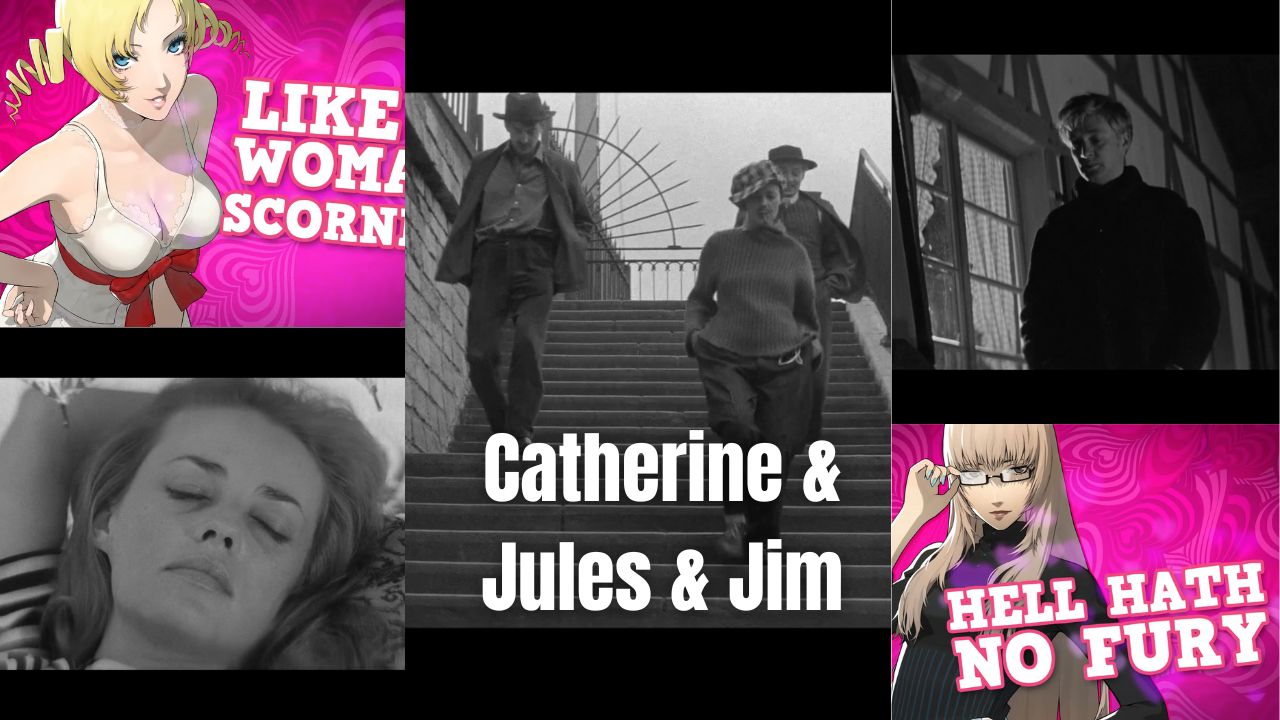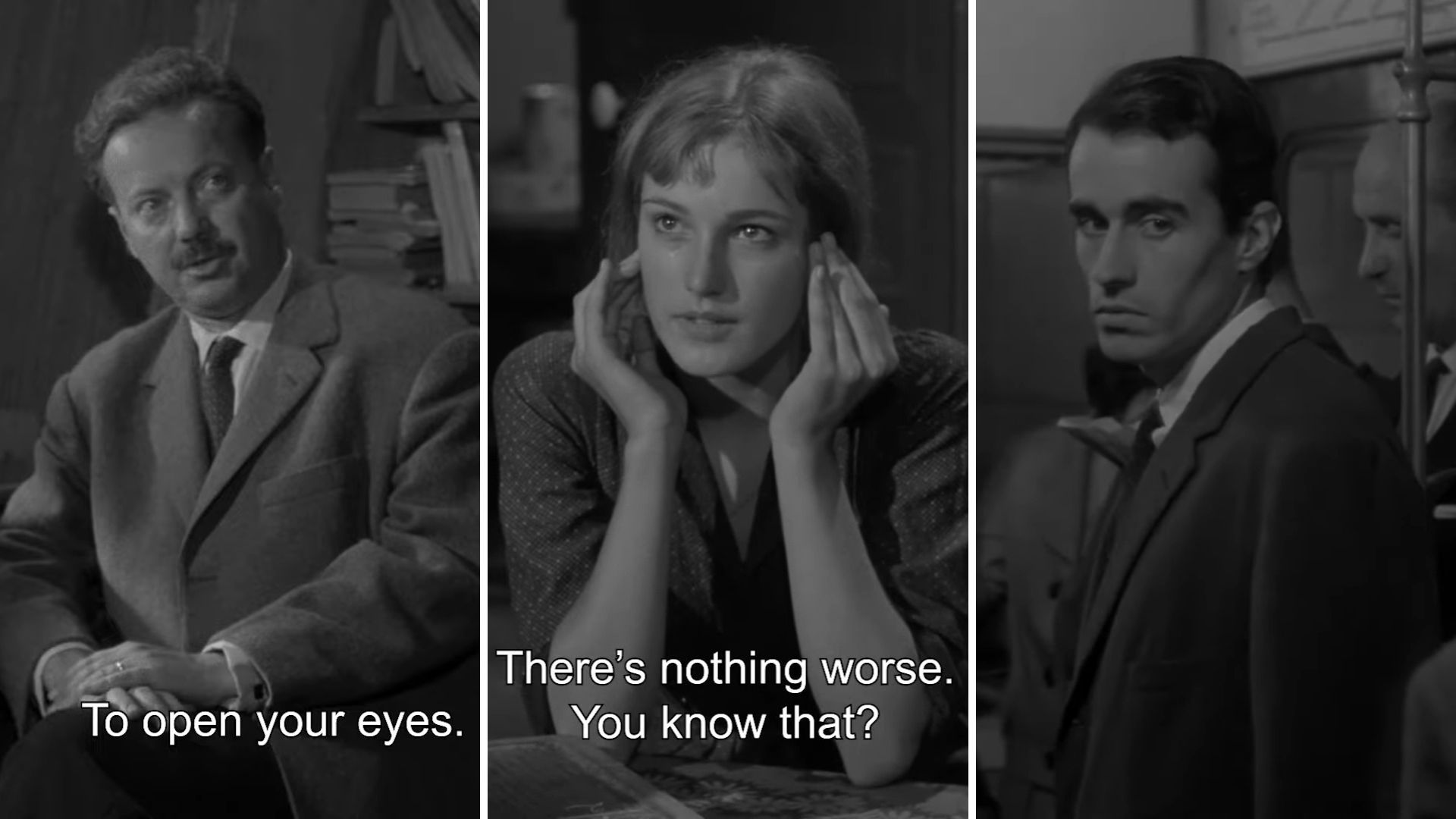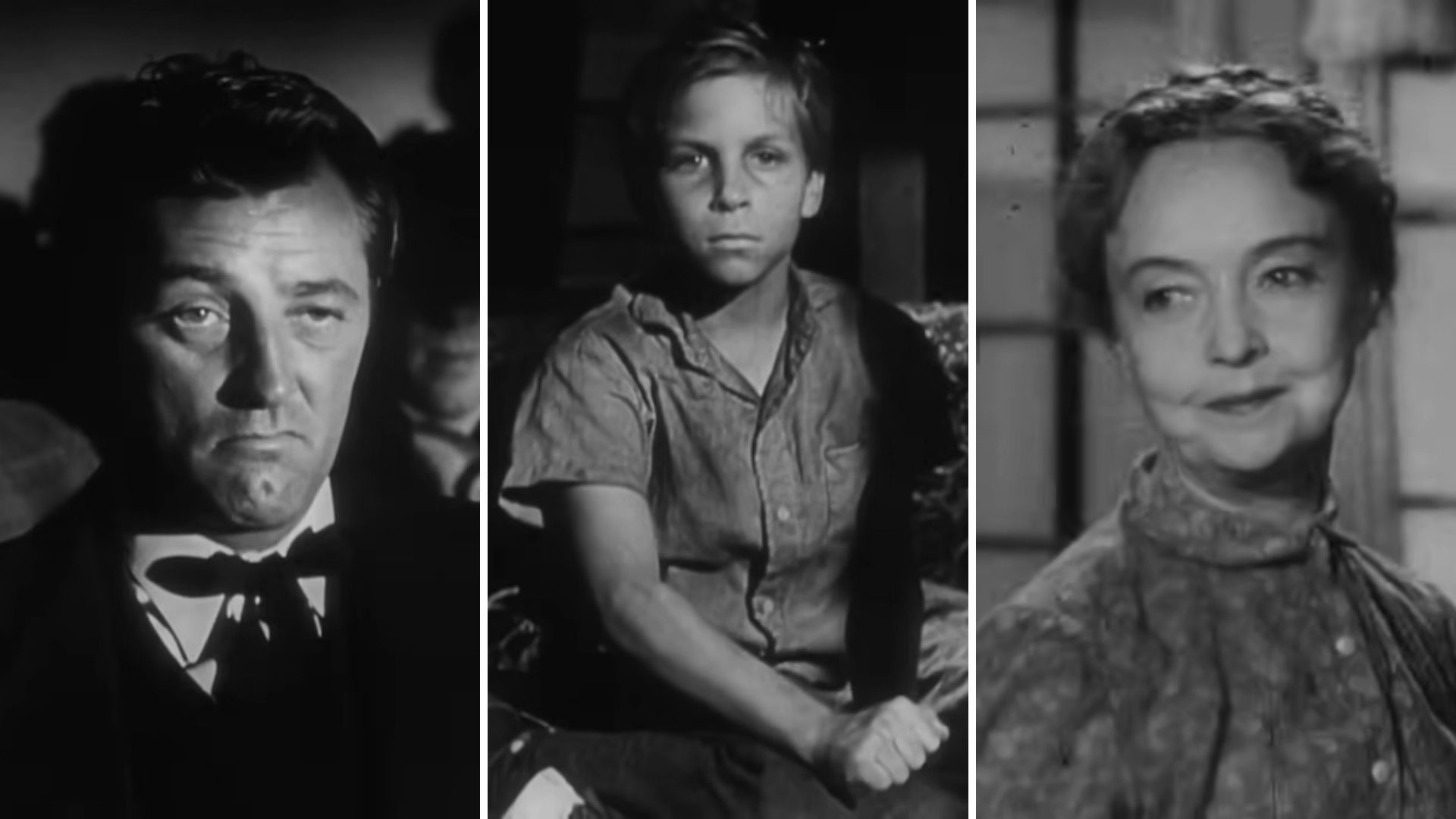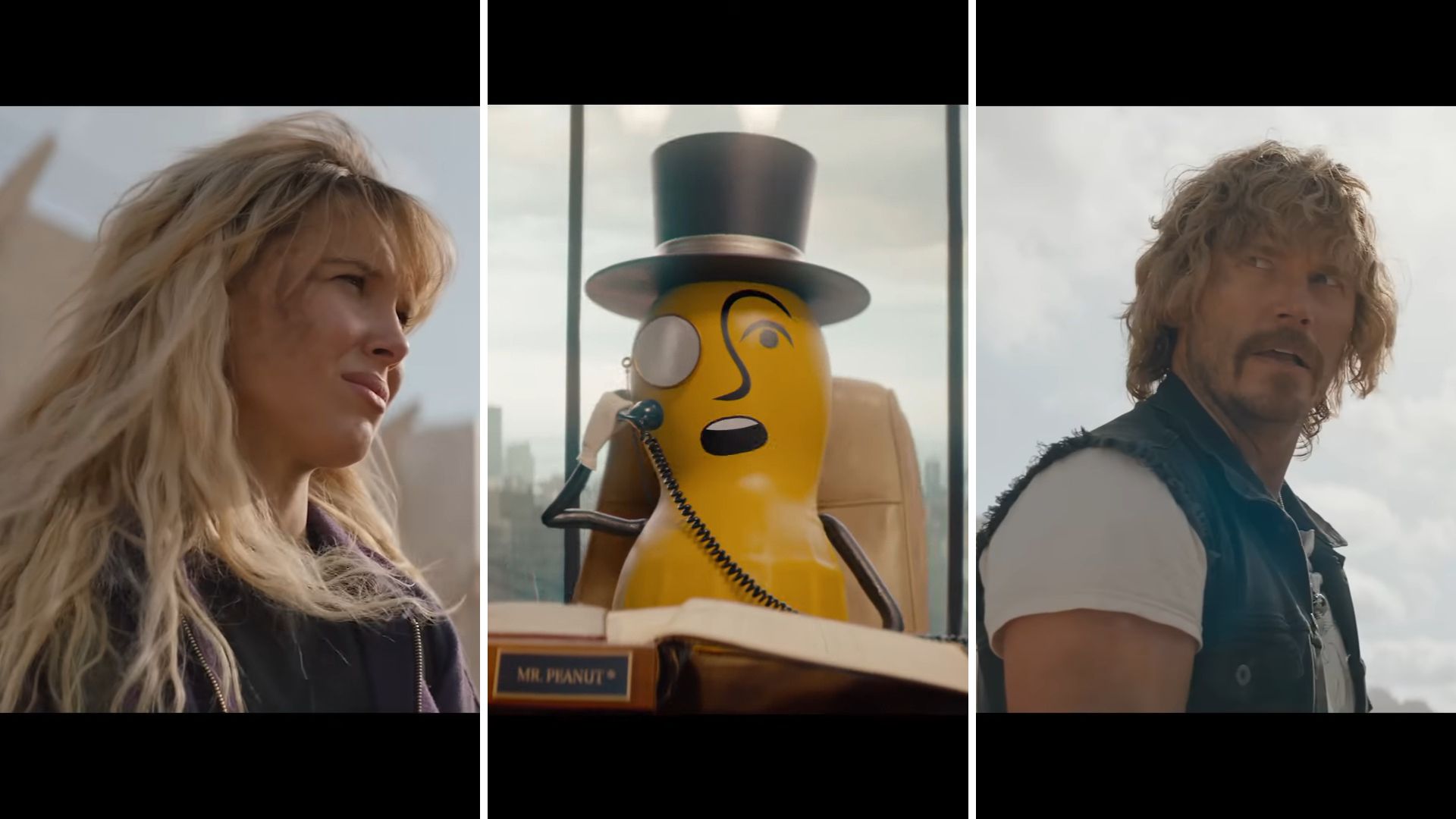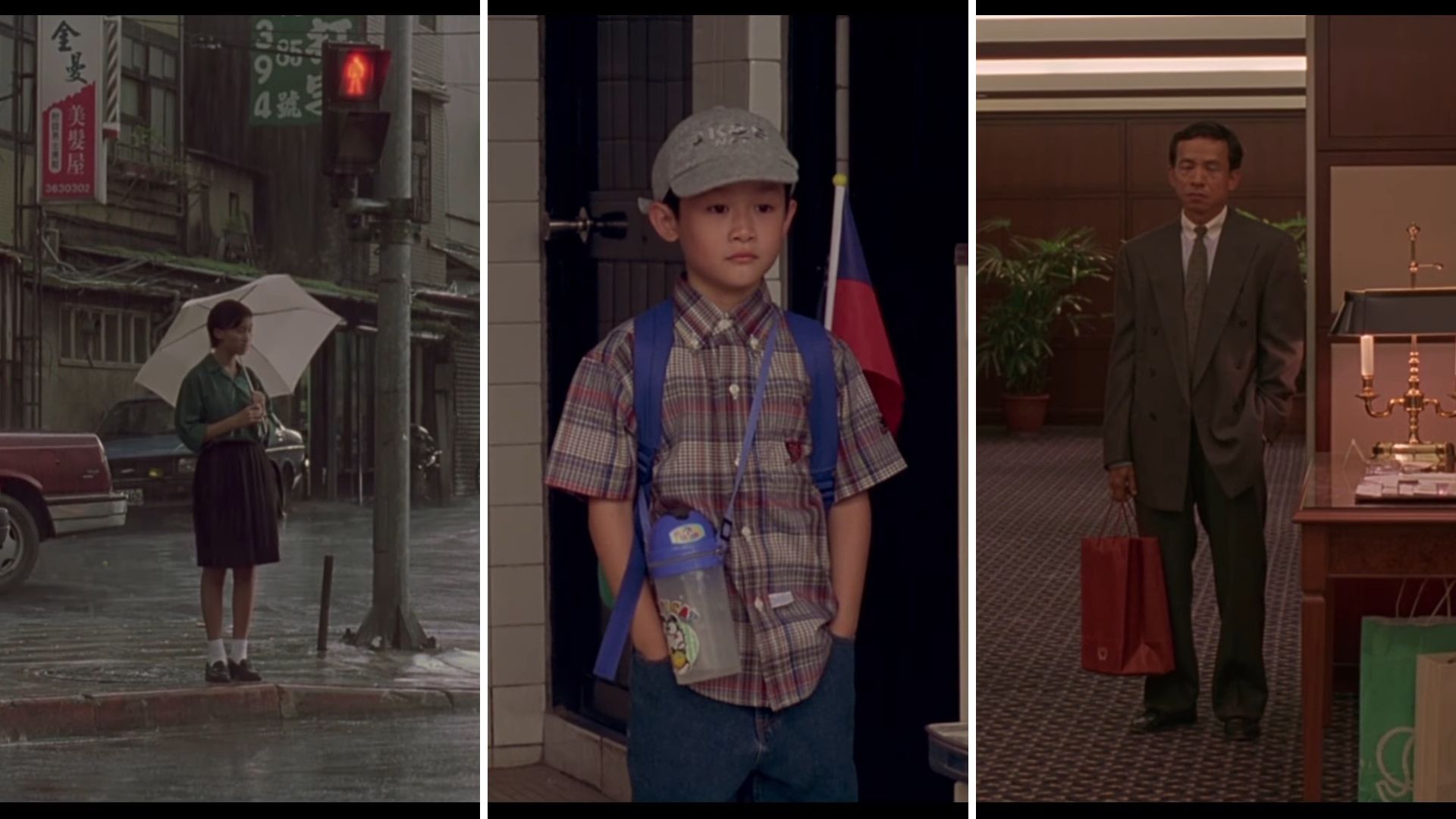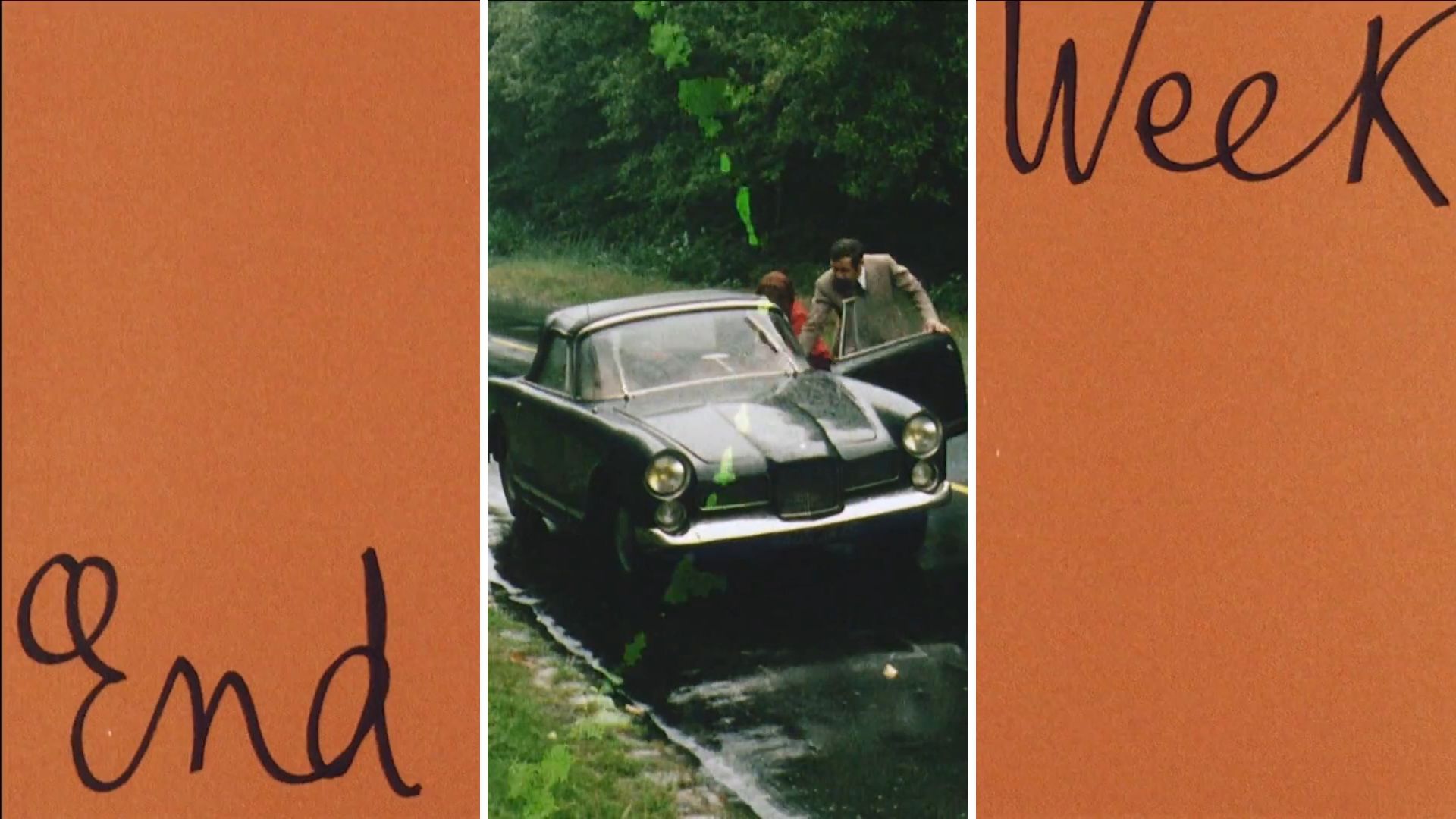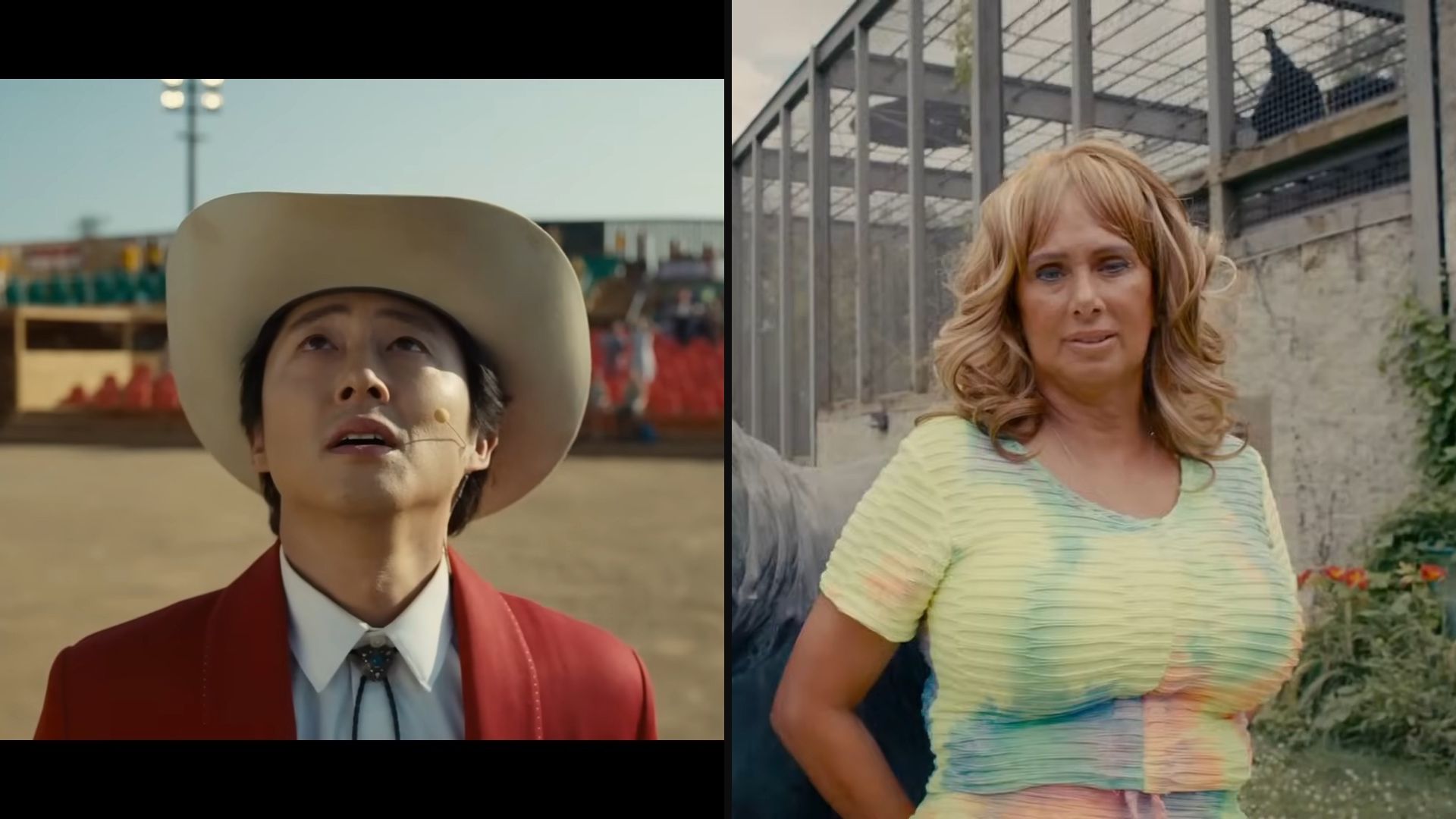
Chimp Crazy, the new HBO documentary series helmed by Eric Goode, is a wild tale of a woman and her chimpanzees. What starts as the story of one woman fighting PETA to retain her chimps, quickly spirals into a narrative of lies and conspiracy. By the end of the second episode, the Tiger King filmmakers have found themselves in an ethical dilemma that questions not only their journalistic integrity but also the ethical treatment of the film’s animal subjects.
The series starts with a brief introduction to the eccentric Tonia Haddix. Tonia is an animal broker who has devoted her life to raising and selling chimpanzees. She has created a primate foundation in Missouri and has found herself embroiled in a lawsuit against PETA over the welfare of her many chimpanzees. PETA ultimately wins the lawsuit and the story seems to be standard documentary fodder. One odd but loveable woman loses her morally questionable business due to the power and political pull of the all-powerful PETA corporation. The series does a great job in the first few episodes of not painting either side as villains. Each side has their quirks, but each side also has their convictions. It’s not until a late episode 2 reveal that the story truly begins to unfold and the filmmaker’s role in the story becomes front and center.
Pallells to Nope and Chimp Crazy
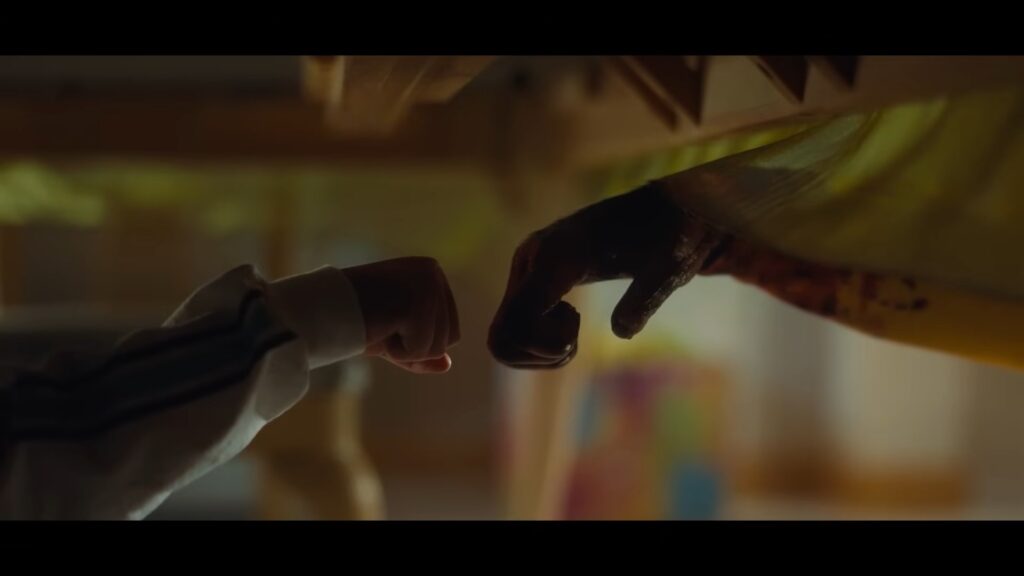
Jordan Peele’s 2022 film Nope is a masterpiece that finds inspiration in films from King Kong to Close Encounters. Throughout Nope there is a B story that perfectly contextualizes the film and eerily parallels the real world of Chimp Crazy.
Nope begins with a brief scene of a violent chimp attacking actors on a soundstage. The film expands on this later, showing the cause and effect of the chimp’s reign of terror. Ultimately the chimp, named Gordy in the film, gets scared from a balloon pop and viciously attacks his co-stars. One co-star though, a young boy named Jupe, was left unscathed. Jupe, who’s played excellently by Steven Yeun in the film, feels there is intention and reason behind his sparring. He had a special relationship with Gordy and he was the only one truly able to control the animal. This notion is ultimately his downfall as he attempts to wrangle and tame an alien species for his own personal gain.
Tonia and Tonka and Travis
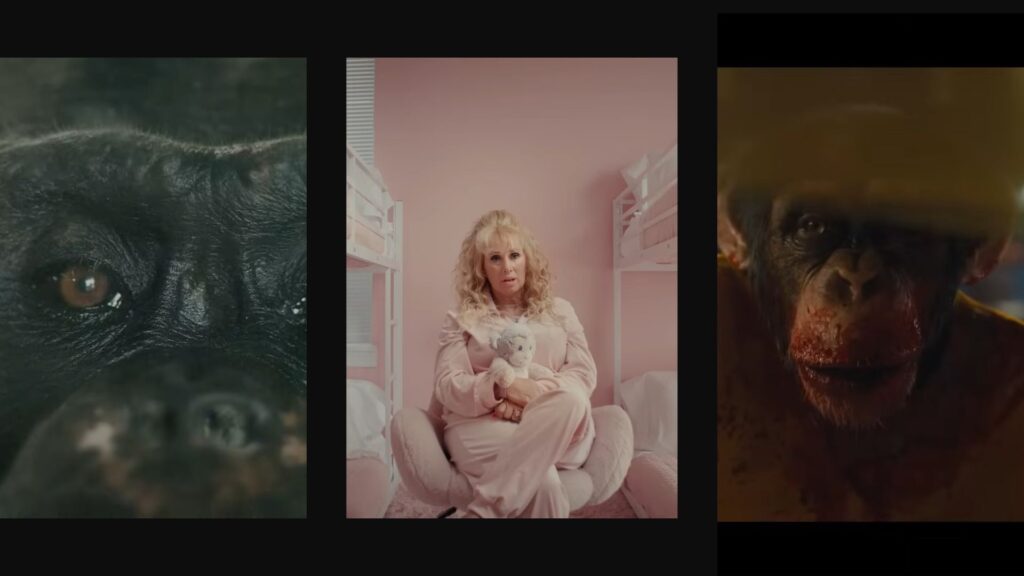
The second episode of Chimp Crazy also contains a B story that contextualizes the documentary were watching and served as an inspiration for the Gordy incident in Nope. In 2009 a domesticated chimpanzee named Travis brutally attacked and mauled a woman named Charla Nash. Charla was friends with Travis’s owner Sandra Herold and had interacted with the chimp on many occasions. On this particular day, however, Travis became agitated at Charla holding one of his toys and flew into a brutal rage that left Charla tragically disfigured. Charla would live but the incident took away her eyesight, most of her facial features, and nine fingers. Following the incident, Travis’s owner Sandra, continued to visit and care for chimps at a facility in Florida.
Once Chimp Crazy concludes this brief sojourn into the Travis incident, the doc returns to Tonia and her fight against PETA. PETA has claimed all of her chimpanzees sans one older chimp named Tonka. Tonia claims Tonka passed away due to her heart complications days before PETA arrived and the representatives from PETA are skeptical, to say the least. Tonia eventually discloses to the filmmakers and us the audience that Tonka is alive and well living in a cage in her basement.
Ethical Questions on Journalism and Safety
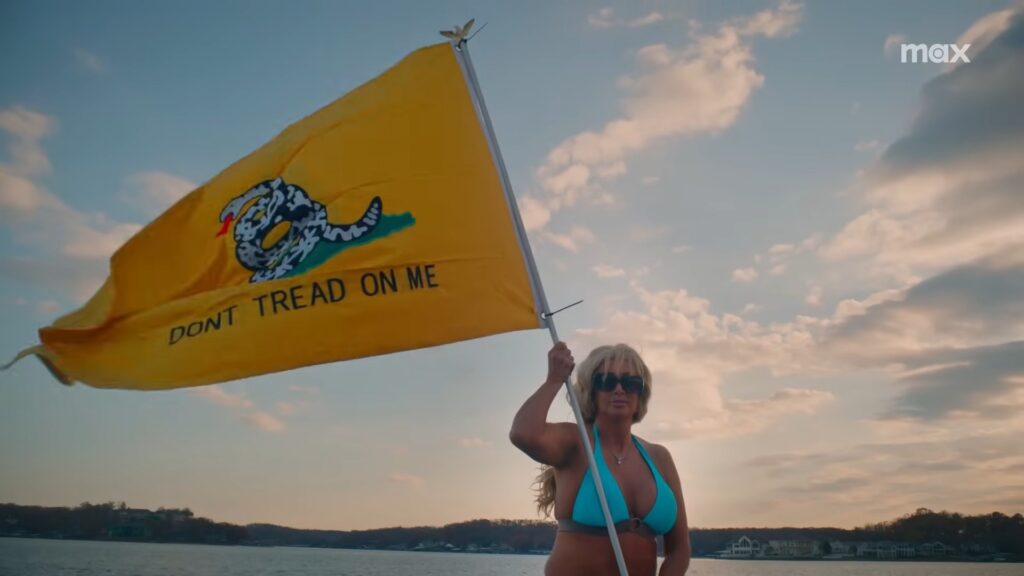
Once this reveal is made to the filmmakers the whole premise of Chimp Crazy changes. We are not just watching a show about a battle between PETA and a chimpanzee sanctuary owner. We are now watching a woman directly violating a court order and caging a dangerous chimpanzee in her basement. The filmmakers have no idea what to do with this information. Do they continue to follow the story and maintain Tonia’s trust? Or do they turn her over to PETA and the proper authorities? After one of the directors is told by Tonia that Tonka is sick and will be euthanized, the filmmakers ultimately decide to inform PETA of his whereabouts.
Throughout Chimp Crazy the question on most people’s minds will be why? Why continue to care for this chimp that is dangerous, costly, and outside of your capabilities? Why leave the chimp in a small cage in your, one would have to assume, awful-smelling basement when an organization is offering acres of sanctuary for the chimp? And most of all why tell a documentary film crew that you are knowingly breaking a court order and harboring a fugitive chimp? The last one we may never have the answer to but Nope at least give us some context into the first two.
Taming the Untamable
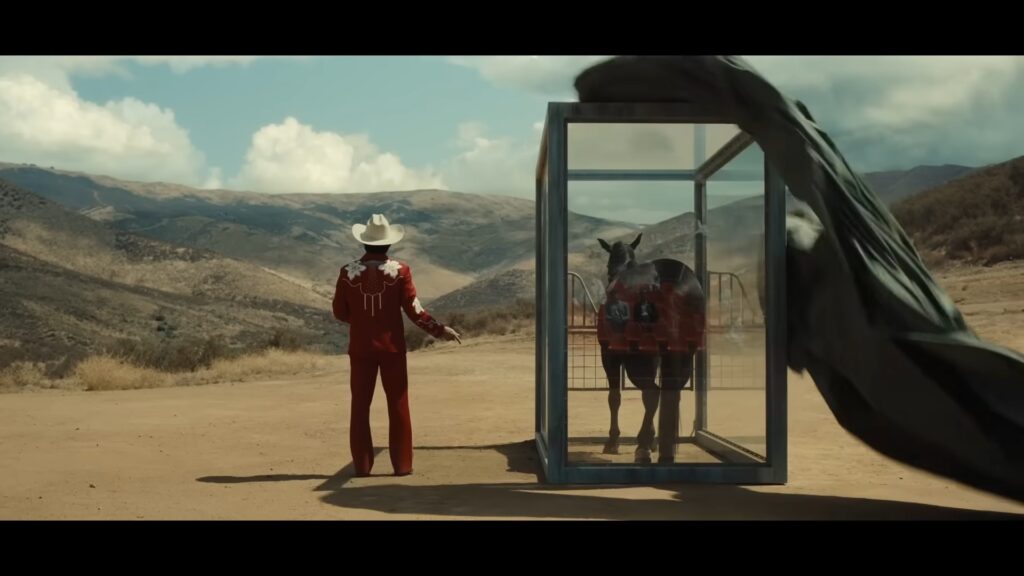
Chimp Crazy makes it abundantly clear that chimpanzees are cute and adorable in adolescence. But as soon as they reach a certain age, height, and weight, they become unruly. These are wild animals and as much as we wish we could, they cannot be pets. These animals need space and freedom. Not diapers and sofas.
Jupe makes a fatal mistake in Nope by believing he can tame the untamable. He believes he is special. That he has a bond with these animals that no one else does. Tonia, along with Sandra, and Tamara, another owner of an attacking chimp highlighted in episode 3, believe this as well. Unfortunately, this has been proven false time and time again. It doesn’t matter if you’re Sigfried and Roy or a child actor. Some animals just can’t be tamed.
B-Plots and Shared Themes
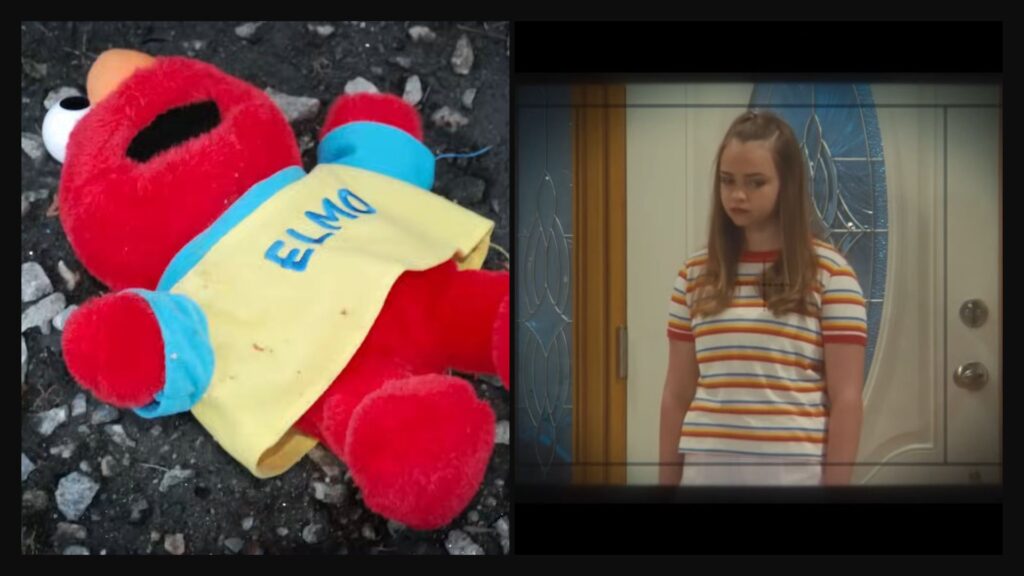
Nope and Chimp Crazy share a variation of the same B-plot that contextualizes each piece of art. While the incidents in Chimp Crazy are real-life events, Nope brilliantly dramatizes truths we all know and uses them to realize its themes. Chimp Crazy and Nope don’t just share the same B-plot, they also share the same theme. Some animals, or aliens, deserve fear and respect. It may be tempting to use them to make a quick buck but their unpredictable nature can and often does prove deadly. Eric Goode and his crew made the right decision in Chimp Crazy. Instead of chasing the story and maintaining a copacetic relationship with their subject, they severed ties and turned her in.
Tonia was endangering herself and Tonka. Fortunately, this story had a voice reason. It’s odd to say but the filmmakers behind Tiger King delivered one of the most socially interesting documentaries of the year. They told a story that’s not just about eccentric animal handlers, but about truth and journalistic integrity. Chimp Crazy is the wildest documentary since Tiger King and one that contains a lot more nuance in its themes than the tale of Joe and Carol.



